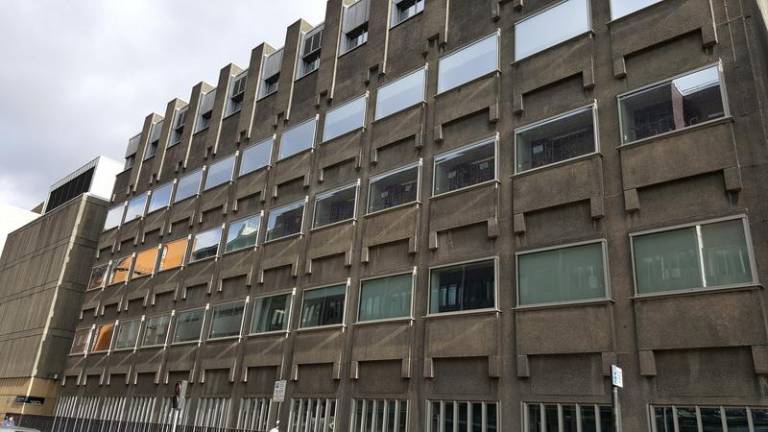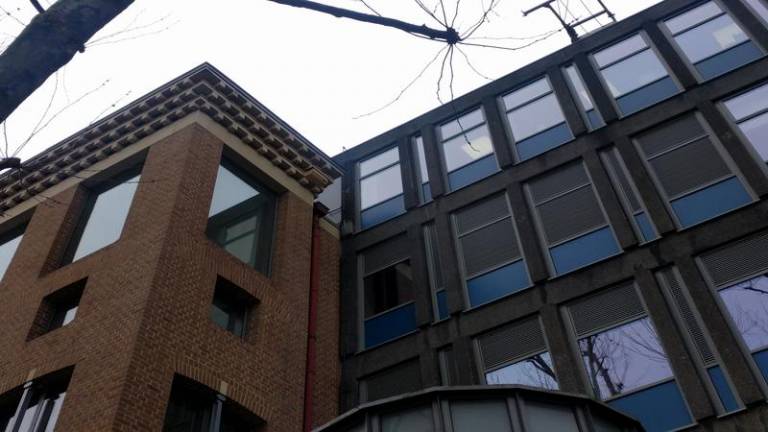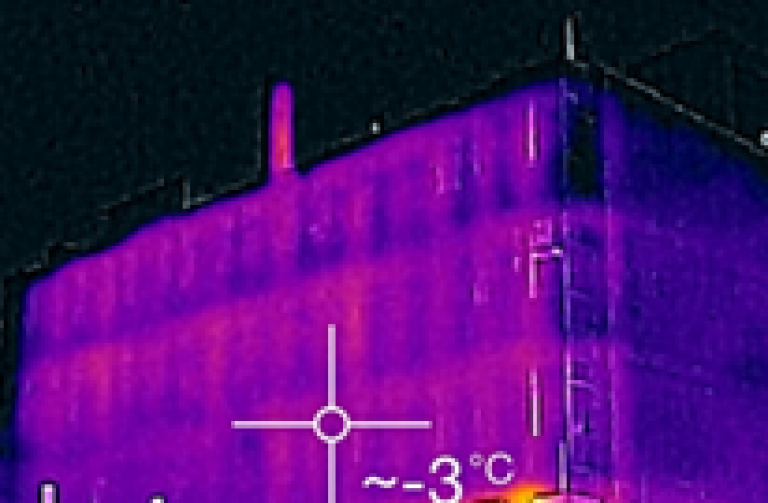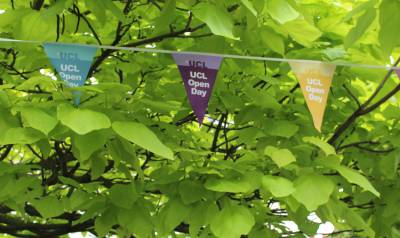New Christopher Ingold Building windows: a more energy-efficient home for UCL Chemistry
31 March 2017

January saw the completion of the first major Strategic Maintenance Project of 2017, the replacement of approximately 600 windows in the Christopher Ingold Building, home to the Department of Chemistry at UCL.
Due to age-related defects and energy-inefficiency, it became clear the windows had reached the end of their useful lives. Poorly insulated, draughty and prone to drawing in dust from outside, it was agreed that the windows did not match the requirements of a sustainability-led university.
Begun in July 2016, the project presented the Estates Engineering, Maintenance & Infrastructure team with the challenge of working around the term-time activities of the Chemistry Department, causing as little disruption as possible to the laboratories and teaching spaces in the building, as well as coordinating activities with the neighbouring 22 Gordon Street construction site.
This problem was overcome by replacing the windows in sequence and working in close liaison with the department and 22 Gordon Street contractors - completing the main teaching labs first, where the delicate equipment had been suffering from interference from dust and drafts let in by the original windows.

As part of the works a swift box was fitted at the junction of Christopher Ingold and SSEES to encourage biodiversity on campus. With student experience and the creation of comfortable working environments being a key priority for UCL Estates, reports that the windows have already had a positive effect on the running of the department have been welcomed. Better insulation and waterproofing has led to a significant improvement in temperature regulation and draft reduction, resulting in significant reductions in energy use.
Photographs from a thermal imaging camera used by the department clearly show a significant decrease in heat loss from the windows, and the improvements have already been felt by staff in the department. Andrea Sella, Professor of Chemistry, says he has been largely able to keep the heating off in his office since January, and no longer finds his office affected by the dust and pollution of central London.

A thermal image taken during temperatures of -3 degrees celsius shows the newly fitted windows losing less heat than the wall construction.
Although Christopher Ingold is not a listed building, it sits within the Bloomsbury Conservation area and its Brutalist design complements significant nearby buildings such as the Bloomsbury Theatre and Institute of Education. With this in mind the project team endeavoured to match the original aluminium profiling of the windows as closely as possible, whilst overcoming the inherent design flaws.
The new windows are internally serviceable, with self-cleaning solar glass which will reduce the need for regular and reactive maintenance, ensuring high aesthetic and environmental standards, inside and out.
"UCL Estates is committed to providing high-quality, sustainable teaching and research facilities and this project has been a great success both for Estates and the Department of Chemistry. We are very pleased to have completed this project under budget, with minimal disruption, and with a great deal of positive feedback from the department." - Andrew Grainger, Director of UCL Estates
Project Team
UPO / Project Manager: Mark Gardner - UCL Estates
Principal Contractor: Sykes & Son Ltd
Window Installation: HWS Aluminium
Lead Consultant / QS: Potter Raper Partnership
 Close
Close




